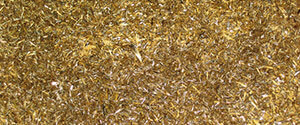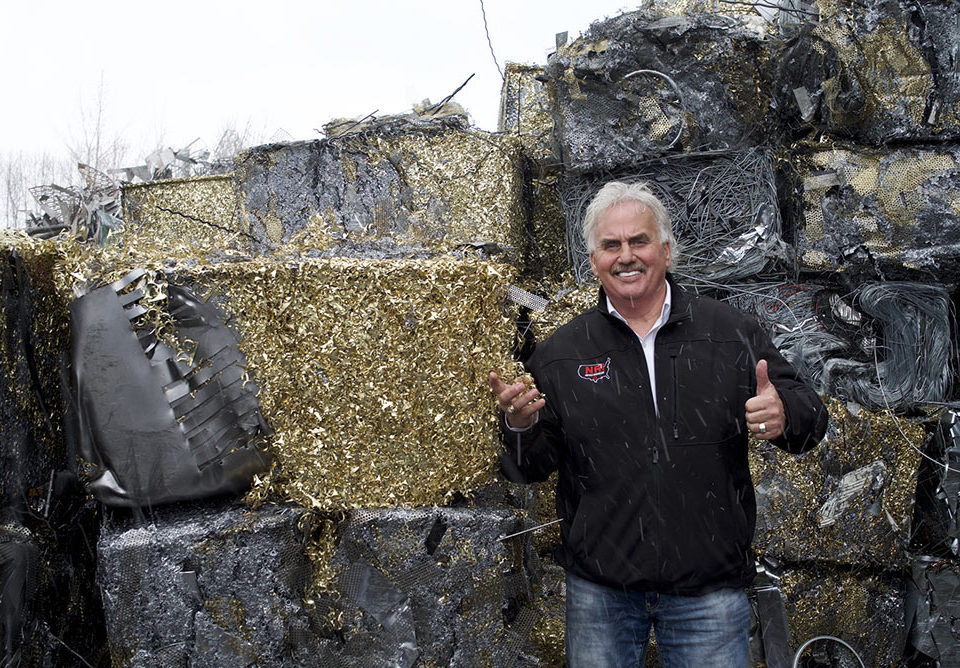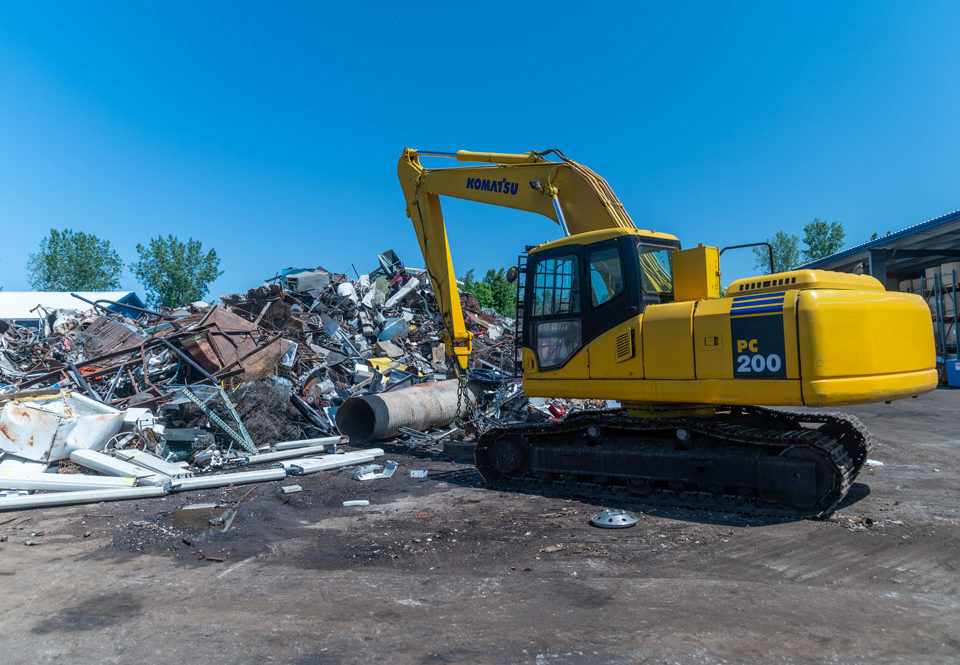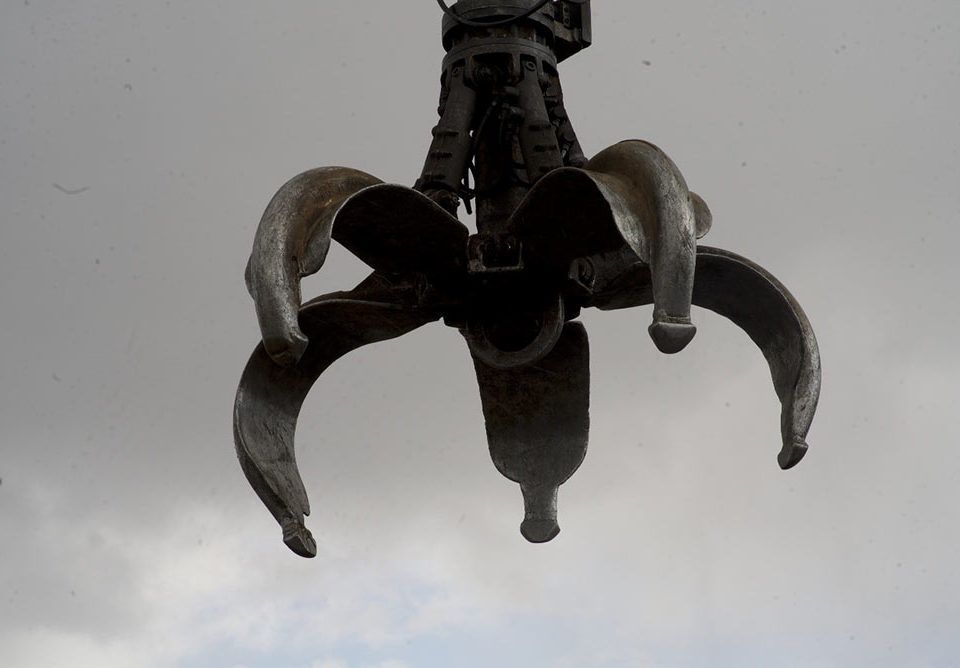
Copper is a finite and valuable resource essential for many industries, and its scarcity is a growing concern. Managing and recycling copper is crucial for both environmental sustainability and economic viability. Recycling not only helps conserve this vital material but also offers significant environmental benefits.
Uses and Benefits of Copper
Copper’s versatility makes it indispensable in various applications, from electrical wiring and plumbing to motors, machinery, and roofing. Its superior conductivity makes it a preferred material for wiring, critical in construction and technological advancements. However, extracting new copper is energy-intensive and environmentally damaging. Recycling, on the other hand, conserves resources, reduces pollution, and is far more cost-effective.
Why Recycle Copper?
Recycling copper has multiple advantages. It requires significantly less energy than mining new copper—about 90% less—resulting in lower greenhouse gas emissions and less environmental degradation. It also helps to conserve the existing copper supply, which is essential as copper is non-renewable. Financially, recycled copper retains up to 90% of its original value, making it a lucrative option for those collecting and selling scrap metal. By recycling copper, manufacturing costs are lowered, which can lead to reduced retail prices. For all of your copper recycling needs contact NRI Metals Recycling, serving the greater Twin Cities MN area.
Steps for Effective Copper Recycling
To recycle copper efficiently, it’s important to separate it from other metals and impurities. Non-ferrous metals like copper do not contain iron and can be identified using a magnet, which does not stick to them. Copper should also be sorted into different grades. The cleanest and purest form is classified as #1 copper, which is the most valuable. Copper with impurities or coatings falls under #2 copper and is less valuable. Copper wiring often has insulation, which can be stripped to increase its value.
The Copper Recycling Process
The recycling process for copper involves collecting and breaking down copper items into smaller pieces to separate them from other materials. This pure copper is then refined and often turned into rods, which are used to create new products. Copper recycling centers, such as NRI Metals in Hugo, MN, can assist in this process, providing expertise and guidance.
The Impact of Copper Recycling
Recycling copper reduces the volume of waste in landfills, conserves natural resources, and cuts down on energy consumption. It also decreases the need for mining, which is costly and harmful to the environment. Moreover, by recycling copper, you contribute to a more sustainable and environmentally conscious community and may even put a little cash in you pocket,
Conclusion
Copper recycling is crucial for sustaining a valuable resource and reducing environmental impact. It offers significant economic and environmental benefits, including reduced energy consumption, lower greenhouse gas emissions, and conservation of natural resources. By recycling copper, you not only help preserve the environment but also stand to gain financially. Make a difference by recycling copper from your home and contributing to a healthier planet. Contact NRI Metals in Hugo, MN, we can assist in this process, providing expertise and guidance.



